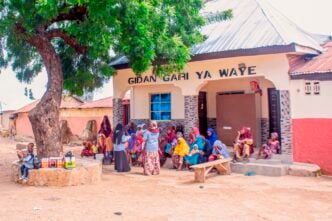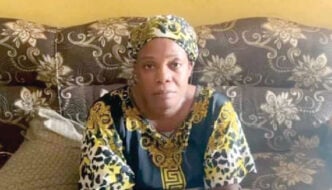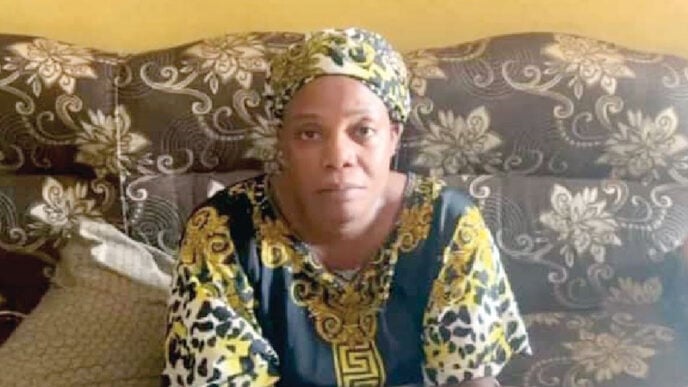Uba Sani, governor of Kaduna
Uba Sani, governor of Kaduna, has asked his predecessor Nasir el-Rufai not to politicise insecurity, adding that firearms alone cannot end banditry.
Sani spoke on Saturday in Kaduna during the presentation of ‘Where I Stand’, a book written by the late Sheikh Abubakar Mahmud Gumi and translated into Arabic by Sheikh Ibrahim Jalo Jalingo.
In a television interview on August 31, el-Rufai had criticised what he described as a “misguided non-kinetic” approach to insecurity, alleging that the Office of the National Security Adviser (ONSA) coordinates ransom payments and incentives to bandits.
“What I will not do is to pay bandits, give them a monthly allowance or send food to them. Non-kinetic is nonsense. We are empowering bandits. That’s what is going on,” el-Rufai said.
Advertisement
“My position has always been that the only repentant bandit is a dead one. Let’s wipe them out, bomb them, reduce them to nothing. And then the five percent that still want to be rehabilitated can be rehabilitated.”
‘WE MUST FEAR GOD’
However, Sani disagreed, insisting that “poverty, unemployment, and neglect of rural communities are at the heart of banditry”.
Advertisement
“Insecurity can’t be resolved solely through the use of firearms. Whoever makes such a claim is only playing politics. We must fear God and stop deceiving the people because that approach will not work,” Sani said.
The governor, who represented President Bola Tinubu at the event, argued that insecurity in the north-west is different from the Boko Haram insurgency in the north-east, which is ideologically driven.
Sani lamented the shortage of security personnel in Nigeria despite the country’s massive population growth.
“In 1970, after the civil war, Nigeria had about 300,000 soldiers, but today they are less than 250,000 while our population has increased by over 100 million,” he said.
Advertisement
He added that swathes of the north-west lack security presence.
“If you travel to Zamfara, Birnin Gwari, or the forests of Katsina, you can go for about 50 kilometres without meeting a single policeman, not to talk of a soldier,” the governor added.
Sani shared that the Kaduna peace model is a community-driven, non-kinetic strategy involving traditional and religious leaders, which has been effective in areas like Birnin Gwari.
He explained that after months of consultations, the government identified poverty, lack of schools, hospitals, and commerce in rural areas as the real triggers of crime.
Advertisement
The governor dismissed suggestions that Tinubu or Nuhu Ribadu, the national security adviser, should be solely blamed for the prevailing insecurity, restating that governors must also take responsibility.
“We were elected by the people, and it is our duty to do everything possible to protect them,” he said, adding that his decision to adopt a peace-driven model is based on accountability before God.
Advertisement













